So last week we talked about the benefits of teaching music purely from a financial vantage-point, which was a perfectly viable place to start, I think. I’ll go ahead and acknowledge that I received a few emails from people saying that they disagreed with my point of view, that “You shouldn’t teach just for the money.” Absolutely, I agree. However, I never said that in my previous article. If that’s what you got from it, you may have missed some important parts of my initial article, for instance the PART ONE segment of the title, or the times where I mentioned that money and greed aren’t the goals here… I found it insightful to start by discussing the financial aspects of teaching because it’s important. If you think about it, that’s usually one of the first questions that pops into your mind when you are considering a career field or are offered a new job or promotion. What’s the money look like?
It’s actually irresponsible to ignore this question as an adult because we’re talking about livelihoods here. I can’t go take a job just because it’s one that I like. It’s physically impossible; the numbers have to add up too. I gotta pay my mortgage, keep the lights on and put food on the table; I can’t accept every gig or job that comes my way because I need to make sure that it can provide for me and my family. Now if you’re a student or younger than the age of 20, this may be a different story for you, but understand that talking about money is not wrong or inappropriate. It’s just another proponent of life and industry, which music has become in recent centuries.
So let’s keep moving forward. Why else should you teach music? Or any subject, really… We already know that money is a factor, and if you do it right (and are good at it) it CAN and WILL be a solid source of income for you. But obviously there are numerous benefits to teaching that are not purely financial.
I wish I could remember this quote word for word, but alas I’ll have to resort to paraphrasing (and hopefully I get it right), because I heard it quite some time ago. In my first semester at college, nearly 11 years ago, one of my music professors shared this idea from the late Arnold Schoenberg (famed 20th century atonal composer and father of the 12-tone technique) that went something like this:
If you really know what you’re doing then you can get someone else to do it, too.
Of course, this is a gross “dummying” of the original quote, but I think the sentiment is still there. Basically, he’s saying that if you think you know something about music then put it into words. Express it to someone else. Explain it in a way that they can understand it. If you can do this effectively then you REALLY DO know what you think you know. If you can’t, then maybe you need to go back and study some more.
You see, teaching is a form of study in and of itself. I started teaching when I was eight years old, just helping out in my mother’s classes, but I got my first private student when I was 14, and I’ll never forget this: he wanted to know how to play bass the way that I played it.
I couldn’t explain it. “I just hear it,” was all I could come up with. I had no concept of music theory, no way to express what I was doing or hearing or thinking. But it was $20 a week. So you know what I did? I cracked me some books (this was of course the pre-internet age, I still had to yell “DON’T USE THE PHOOOOONE” everytime I wanted to go on AOL).
I read about this thing called a “Major Scale,” and realized that it sounded awfully close to this one riff that I had played in a Beatles song once. Then I stumbled upon modes and that led me to this concept of a magical sound-space called “Key.” I noticed that I only used five notes for most of my runs, and most people called these “Pentatonic Scales.”
So now I had some vocabulary to share with my student. Before I didn’t have the words to do it, but now I had words, and definitions to explain, and exercises to assign; material to teach.
Teaching this student actually taught me. I had to learn it first before I could teach it, and being that I was much more musically advanced than my student I was able to do it much quicker than he. Which brings me to this point: you don’t have to know everything before you teach. You don’t need all the answers. You can find them out along the way, and there’s nothing wrong with that, as long as you deliver what you say you will.
You’re not taking advantage of your student (unless you take their money and show them nothing or don’t answer their questions at all) because you’re going to find the answer for them. Besides, if they knew how to find the answer, why would they come to you in the first place? You have more experience than they do, therefore you know where to look, how to listen, and how to figure it out. And if you don’t, then you get to LEARN IT!
Obviously you need to know your boundaries; if someone comes in and wants to learn something that’s too advanced for me, I can’t in good conscience teach them about something I have no knowledge of, no idea where to start, no experience with, nor any intention of learning myself. So you gotta know your limits and when to pass the student on to someone else. But understand that YOU the teacher are going to learn things as well as the STUDENT. That’s part of the deal, and it works out to mutually benefit both of you.
So when are you ready to teach? Well, technically, just as soon as you’re ready to learn some more, which is a beautiful circle to be a part of. One drummer that I work with tries to even get practice time out of his students; he’ll try to work in some crazy-polyrhythm exercise into their lesson on how to play Sweet Home Alabama, so that he’s not only getting a paycheck but ALSO some practice time as well. A true multi-tasker 🙂
So keep this in mind, every time you teach you are faced with an opportunity to learn something more, and it may not be purely musical either. You’ll learn how to work with people, how to deliver information, how to express and explain your thoughts, or you’ll be forced to develop some new skill sets. Either way, your student grows and you grow. Win/win.


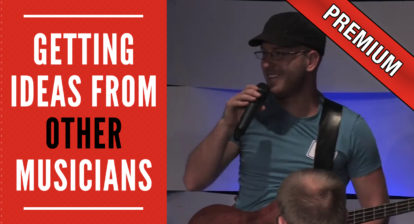

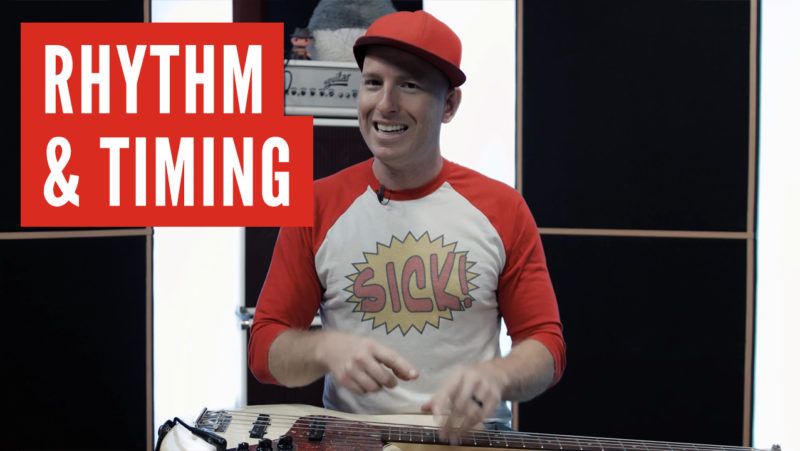
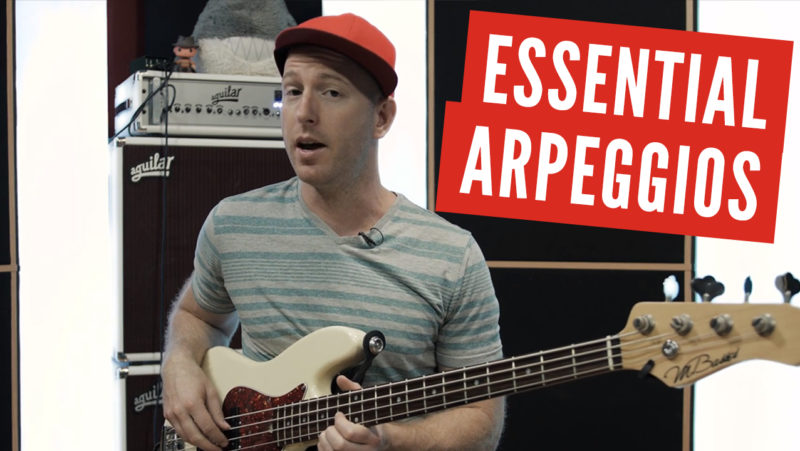
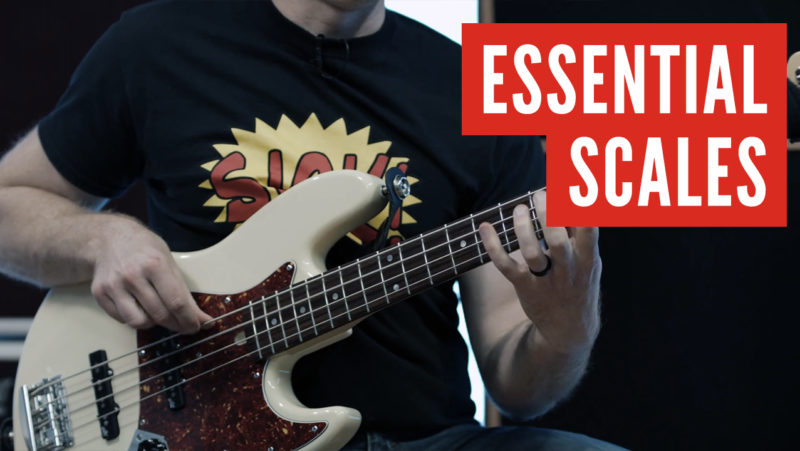
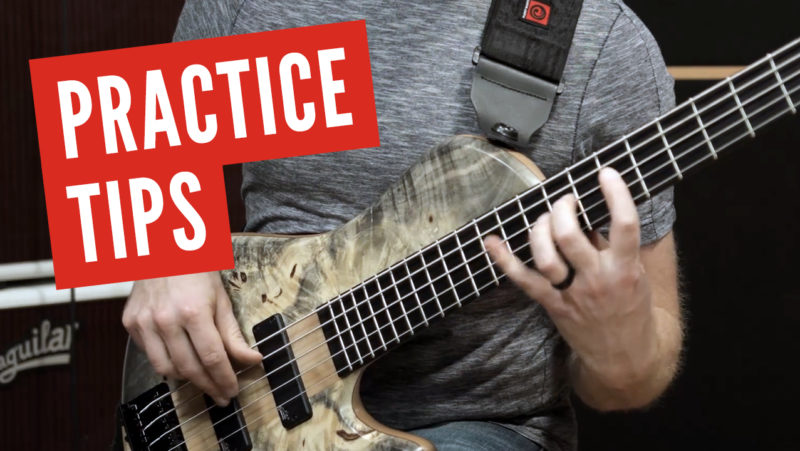
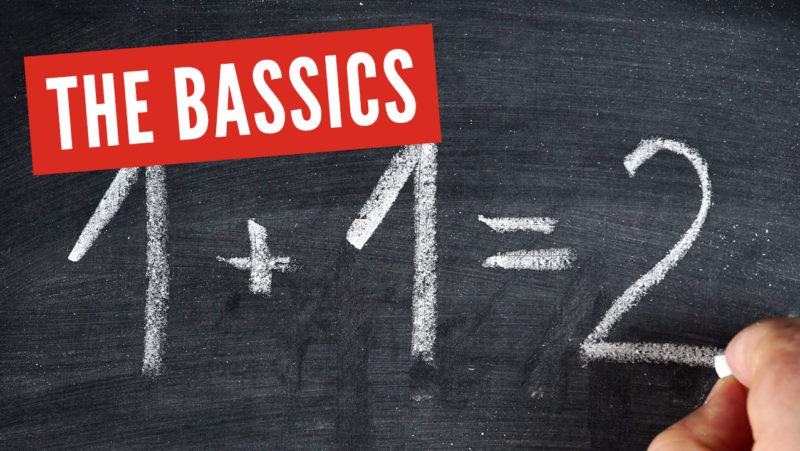
thomas bugert
so
who is the teacher and who the student 🙂
by the way: a teacher of mine told me: it is NOT a shame th earn money with music….
Jayme
haha, agreed 🙂
Jayme
yes, quite often it’s both us at the same time 🙂